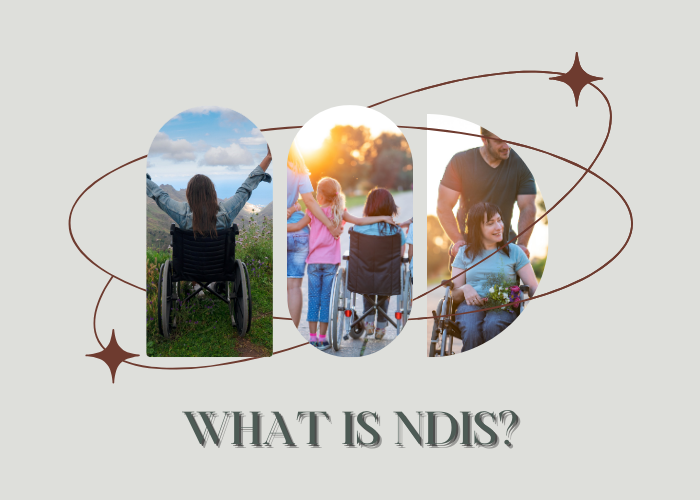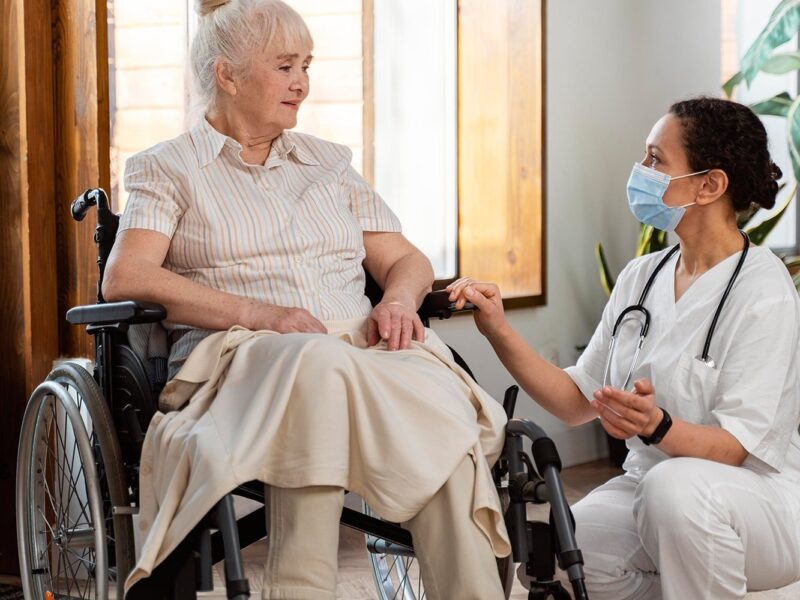Empowering adults with disabilities to lead independent and fulfilling lives is fundamental to their overall well-being and sense of dignity. Below are 20 practical strategies designed to promote independence and self-determination:
Establish Clear Goals: Encouraging individuals to set clear, achievable goals that resonate with their personal interests, passions, and long-term aspirations. Goal-setting provides direction and motivation, empowering individuals to take meaningful steps towards their desired outcomes.
Develop Self-Advocacy Skills: Equipping individuals with the knowledge, confidence, and assertiveness to effectively communicate their needs, preferences, and rights in various contexts. Self-advocacy fosters autonomy and empowers individuals to navigate systems, services, and social interactions with greater confidence and effectiveness.
Access Community Resources: Assisting individuals in identifying and accessing available community resources, services, and support networks that align with their unique needs and goals. By tapping into these resources, individuals can access the assistance, guidance, and opportunities necessary to thrive in their communities.
Foster Self-Care Habits: Promoting the adoption of self-care practices that prioritize physical, emotional, and mental well-being. From establishing healthy eating habits and regular exercise routines to practicing mindfulness and stress management techniques, self-care enhances overall health and resilience.
Enhance Communication Skills: Cultivating effective communication skills that enable individuals to express themselves clearly, assertively, and respectfully in various personal and professional settings. Effective communication facilitates meaningful connections, collaborations, and relationships, empowering individuals to advocate for themselves and engage with others authentically.
Learn Problem-Solving Strategies: Providing individuals with the tools, strategies, and mindset to identify challenges, explore potential solutions, and navigate obstacles effectively. Problem-solving skills foster resilience, resourcefulness, and adaptability, empowering individuals to overcome barriers and achieve their goals.
Practice Time Management: Supporting individuals in developing time management skills and strategies that enable them to prioritize tasks, set goals, and manage their schedules effectively. Time management enhances productivity, organization, and accountability, facilitating the pursuit of personal and professional objectives.
Develop Financial Literacy: Equipping individuals with the knowledge, skills, and resources to manage their finances responsibly and effectively. Financial literacy encompasses budgeting, saving, banking, and understanding financial systems, empowering individuals to make informed decisions and achieve financial security.
Explore Assistive Technology: Introducing individuals to assistive technology tools, devices, and applications that enhance accessibility, communication, and independence in daily life. Assistive technology promotes inclusion, autonomy, and participation by removing barriers and facilitating greater engagement with the world.
Advocate for Accessibility: Encouraging individuals to advocate for accessible environments, services, and accommodations that ensure equal access and opportunities for all. Accessibility advocacy promotes inclusion, equity, and social justice, empowering individuals to challenge barriers and create positive change in their communities.
Build Social Connections: Supporting individuals in building and nurturing social connections, friendships, and support networks that provide companionship, understanding, and encouragement. Social connections reduce isolation, foster a sense of belonging, and enhance overall well-being.
Pursue Further Education or Training: Encouraging individuals to pursue lifelong learning opportunities, education, and skill development that align with their interests, goals, and career aspirations. Further education enhances personal growth, professional development, and economic empowerment.
Volunteer or Engage in Community Service: Encouraging individuals to contribute their time, skills, and talents to volunteer work and community service projects that align with their passions and values. Volunteering promotes social connectedness, civic engagement, and a sense of purpose and fulfillment.
Explore Transportation Options: Assisting individuals in exploring accessible transportation options, services, and resources that facilitate independent mobility and travel within their communities. Accessible transportation promotes freedom, autonomy, and participation in social, recreational, and vocational activities.
Practice Decision-Making Skills: Empowering individuals to make informed decisions, choices, and judgments that reflect their values, preferences, and goals. Decision-making skills enhance autonomy, confidence, and self-determination, enabling individuals to shape their lives and pursue their aspirations.
Seek Mentorship and Support: Facilitating opportunities for individuals to connect with mentors, role models, and supportive peers who can provide guidance, encouragement, and perspective. Mentorship and support networks offer valuable insights, advice, and encouragement, empowering individuals to navigate challenges and seize opportunities.
Advocate for Employment Opportunities: Supporting individuals in pursuing meaningful employment opportunities, career pathways, and vocational training programs that align with their skills, interests, and aspirations. Employment advocacy promotes economic independence, professional fulfillment, and social inclusion.
Access Counseling or Therapy: Providing individuals with access to mental health services, counseling, and therapy to address emotional, psychological, and interpersonal challenges. Counseling and therapy support mental well-being, resilience, and coping skills, empowering individuals to navigate life’s challenges with greater ease and resilience.
Develop a Support Network: Encouraging individuals to cultivate a diverse and supportive network of friends, family members, peers, professionals,
“Disability is a matter of perception. Some people view it as a weakness, but to me, it’s a strength. If you can adapt and overcome obstacles, you possess a resilience and determination that is truly remarkable.”
Aimee Mullinselena
Athlete, actress, and fashion model



